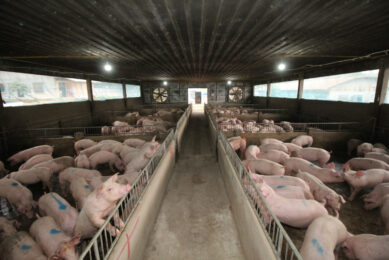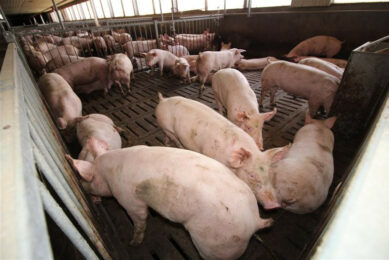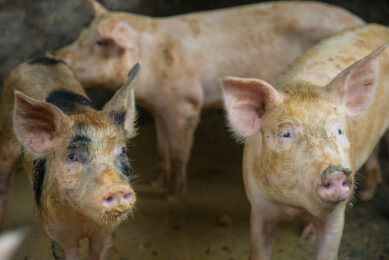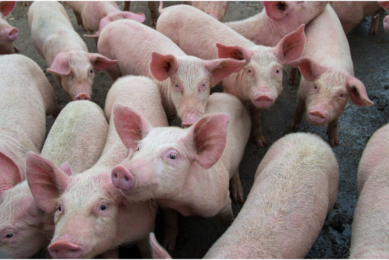Exploring antibiotic alternatives: farm animals’ natural defences
The exclusive research collaboration program, the ASIA Research Consortium, is between, among others, Pfizer Animal Health, the University of Utrecht and Immuno Valley. The consortium will be set in the Netherlands with the aim of exploring the potential for exploiting farm animals’ natural defences to infectious diseases.
Pfizer has announced the launch of a new Public-Private partnership research program, ALTANT – ASIA in collaboration with prominent Dutch researchers, seeking to develop alternative strategies to protect farm animals from infectious disease, by minimising the likelihood of encouraging antibiotic resistance. The programme’s acronyms ALTANT stands for ALTnernatives to ANTibiotics, and Animal Specific Immunomodulatory Antimicrobials (ASIA).
The Dutch Ministry of Economic Affairs, Agriculture and Innovation in collaboration with Immuno Valley and Utrecht University are financing the research programme, to the tune of US$10 million (€7.95 million). The sum is one of the largest ever granted for this type of therapeutic research, and attests to the growing importance of the sector.
All partners will collaborate closely to develop anti-infectives based on newly identified small peptides, seeking alternatives to antibiotics. They will contribute to the research programme by sharing knowledge, equipment and financial resources.
The overall project represents a new era in the co-funding schemes. The project is very much focused on delivering a platform of new anti-infective products for livestock with antimicrobial and immune-modulatory properties.
About ALTANT
ALTANT stands for ALTernatives to ANTibiotics, and aims to develop solutions to replace the use of antibiotics in livestock farming. The program is a collaborative effort by Utrecht University’s Faculty of Veterinary Medicine, the University Medical Centre Utrecht, Pfizer Animal Health and MSD Animal Health, coordinated by the Immuno Valley foundation and financed partly by the Dutch ministry of Economic Affairs, Agriculture and Innovation. The total project budget amounts to approximately €18 million, of which half is provided by the industry partners.
- To learn more, visit Pfizer Animal Health
- For more on Immuno Valley











